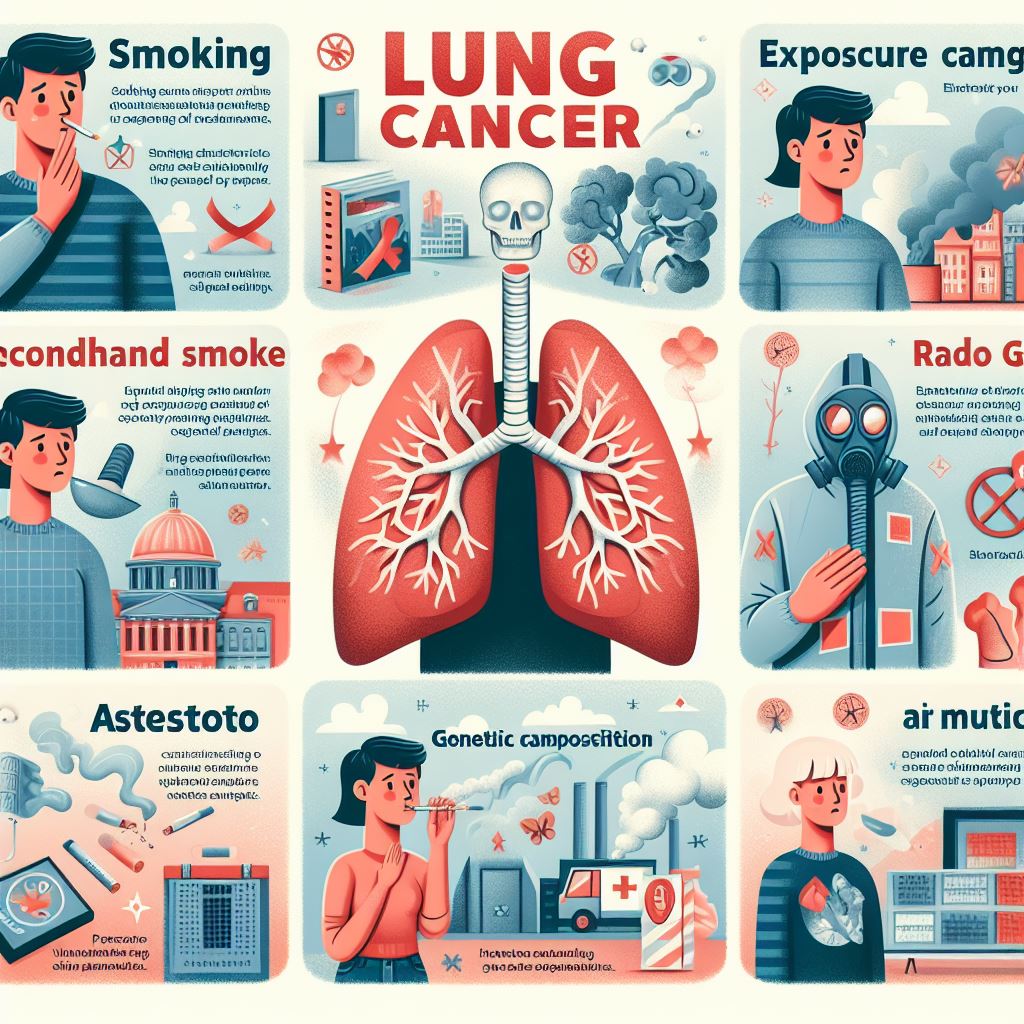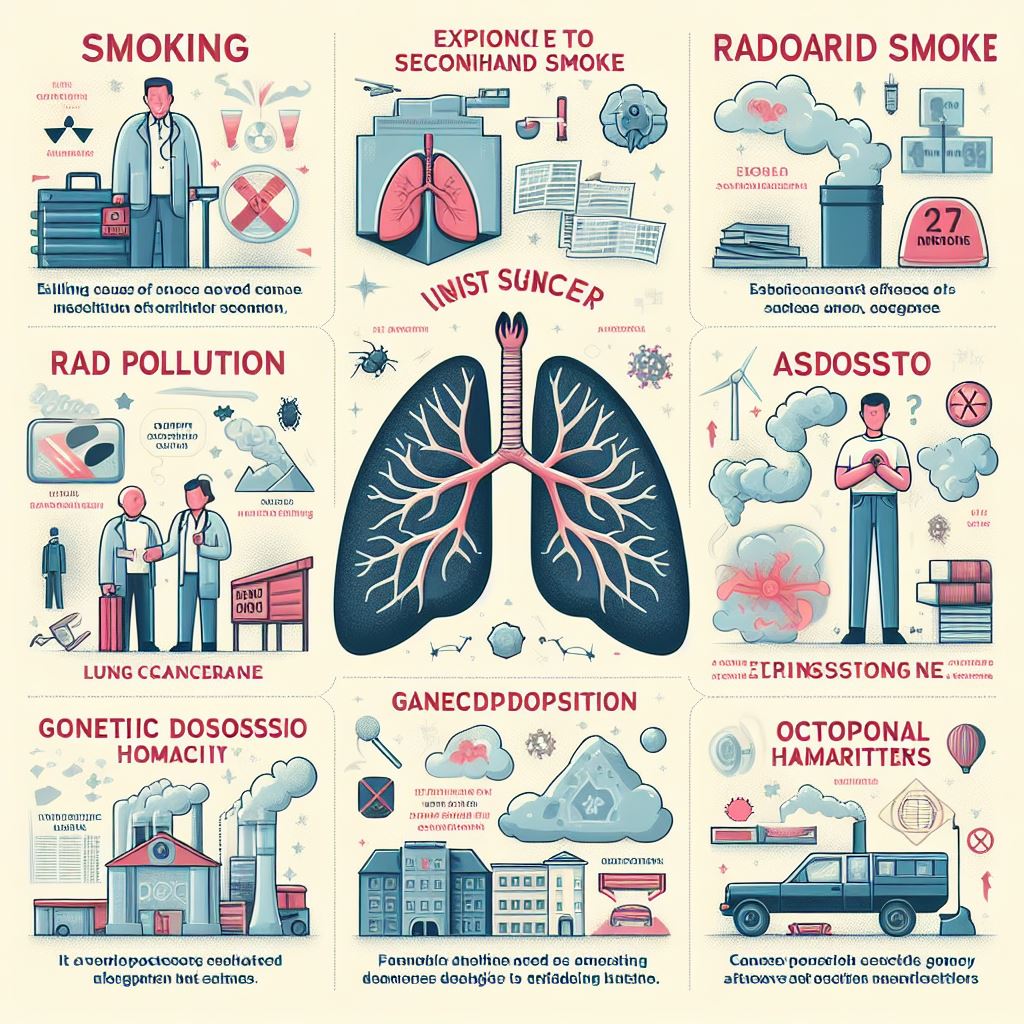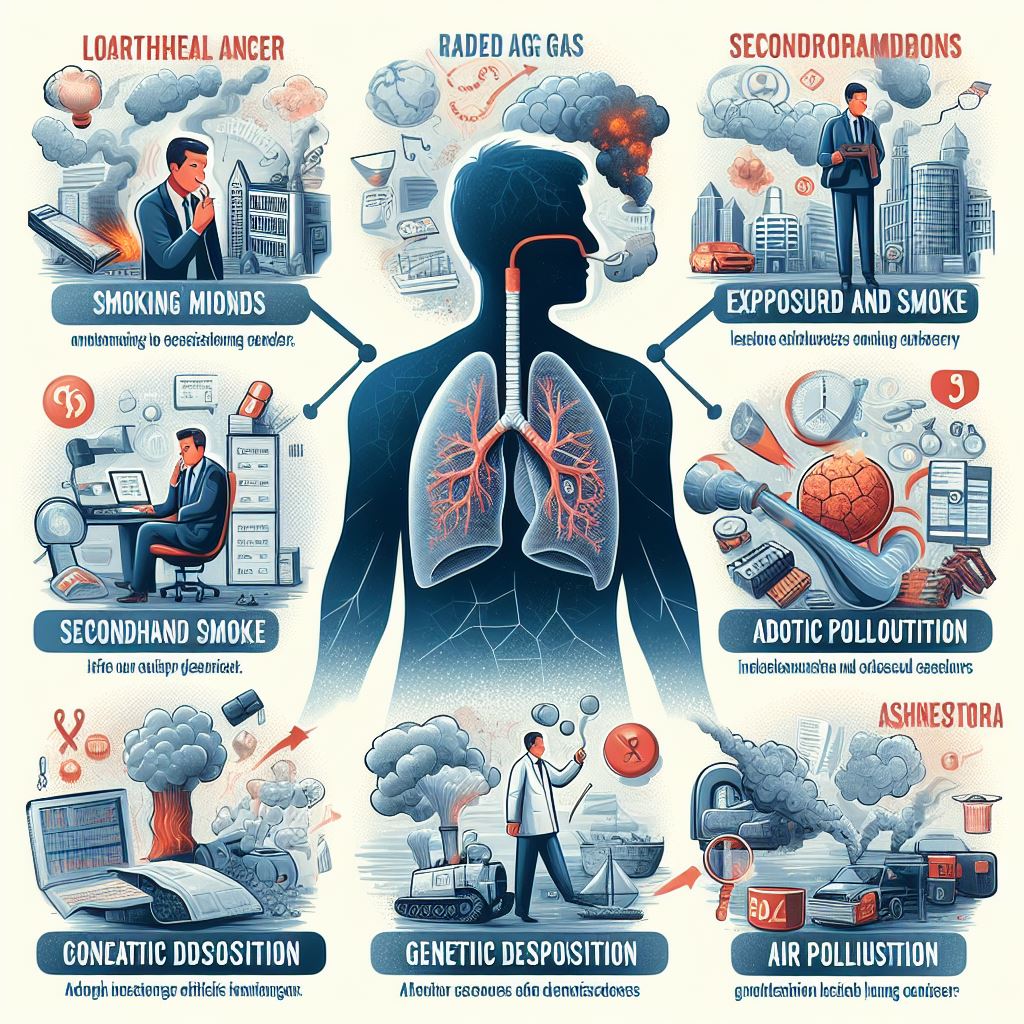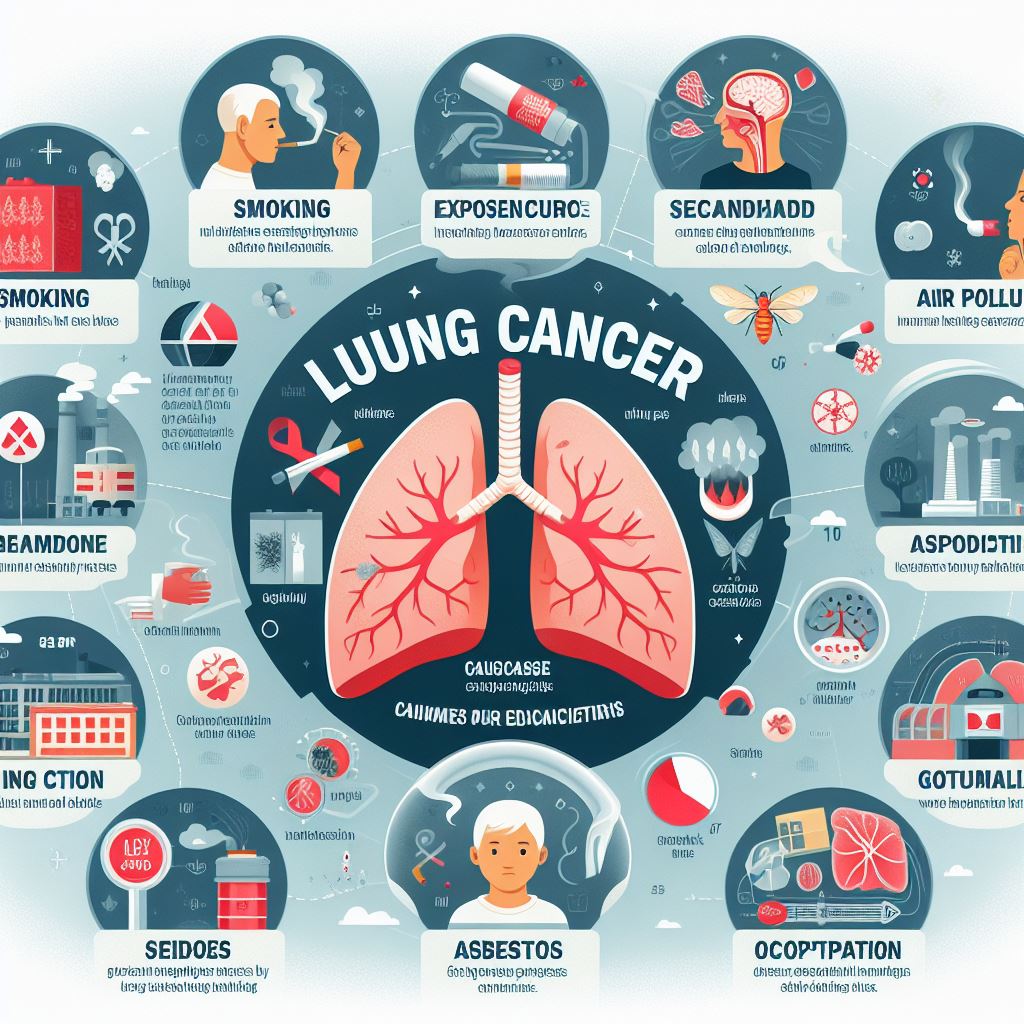罹患肺癌的原因有哪些?
中國一位年輕女子在例行的體檢中被診斷出患有肺癌,這個發現讓人意識到她長期暴露在不良通風的廚房環境下,沒有油煙機的情況下炒菜,導致她長期吸入炒菜油煙,這可能是導致她患癌的主要原因之一。值得注意的是,目前在中國,肺癌已成為罹患癌症的頭號殺手。造成肺癌的原因多種多樣,主要包括以下幾個方面:
廚房通風不良:在高溫環境下炒菜時,若廚房缺乏良好的通風系統並且未安裝油煙機,長期吸入炒菜產生的油煙可能導致肺癌。這是因為油煙中含有一些致癌物質,長期吸入會增加患肺癌的風險。
環境污染:中國的空氣污染嚴重,工業排放、車輛尾氣等污染物質都可能加劇肺部疾病和肺癌的風險。
吸煙:吸煙是肺癌的主要危險因素之一,長期吸煙會導致肺部受損,增加患癌風險。
遺傳因素:有些人可能具有家族遺傳性,使他們對於罹患肺癌的風險更高。
職業暴露:某些職業環境中暴露於有害化學物質或放射性物質也可能增加患癌風險。
其他因素:如慢性肺部疾病、放射線暴露、過度飲酒、營養不良、缺乏運動等也與增加罹患肺癌的風險有關。
因此,提高公眾對於健康生活方式的認識、減少環境污染、戒煙、注意職業健康安全等都是預防肺癌的重要措施。及早發現、及早治療也對提高患者的存活率至關重要。
A young woman in China was diagnosed with lung cancer during a routine medical examination, prompting awareness of her prolonged exposure to poorly ventilated kitchen environments where cooking was done without a range hood. This led to her inhaling cooking fumes over an extended period, which may have been one of the main reasons for her cancer diagnosis. It's worth noting that lung cancer has become the leading cause of cancer in China. The causes of lung cancer are diverse, primarily including the following:
Poor kitchen ventilation: Cooking in high-temperature environments without proper ventilation and without a range hood installed can lead to lung cancer due to long-term inhalation of cooking fumes. This is because cooking fumes contain carcinogenic substances, and prolonged exposure increases the risk of lung cancer.
Environmental pollution: Severe air pollution in China, including industrial emissions and vehicle exhaust, may exacerbate the risk of lung diseases and lung cancer.
Smoking: Smoking is one of the primary risk factors for lung cancer, as long-term smoking damages the lungs and increases the risk of cancer.
Genetic factors: Some individuals may have a genetic predisposition, increasing their risk of developing lung cancer.
Occupational exposure: Exposure to harmful chemicals or radioactive substances in certain occupational environments may also increase the risk of cancer.
Other factors: Chronic lung diseases, radiation exposure, excessive alcohol consumption, poor nutrition, lack of exercise, and other factors are also associated with an increased risk of lung cancer.
Therefore, increasing public awareness of healthy lifestyles, reducing environmental pollution, quitting smoking, and paying attention to occupational health and safety are essential measures for preventing lung cancer. Early detection and treatment are also crucial for improving patient survival rates.




照片:DALLE3
- 1
- 2
- 3
- 4
